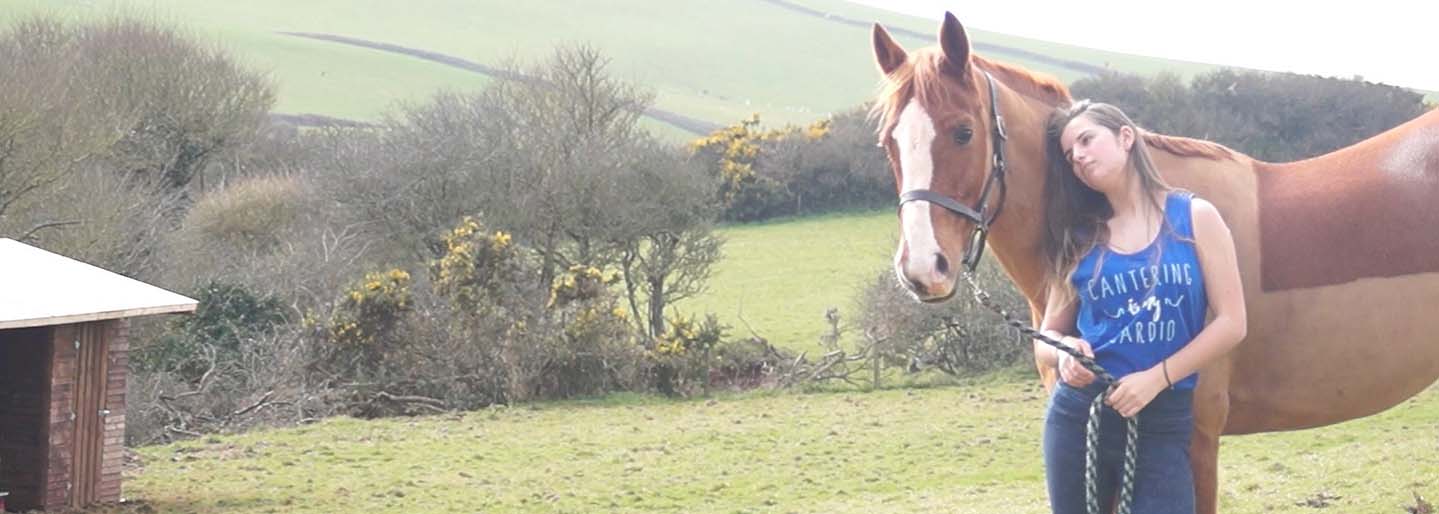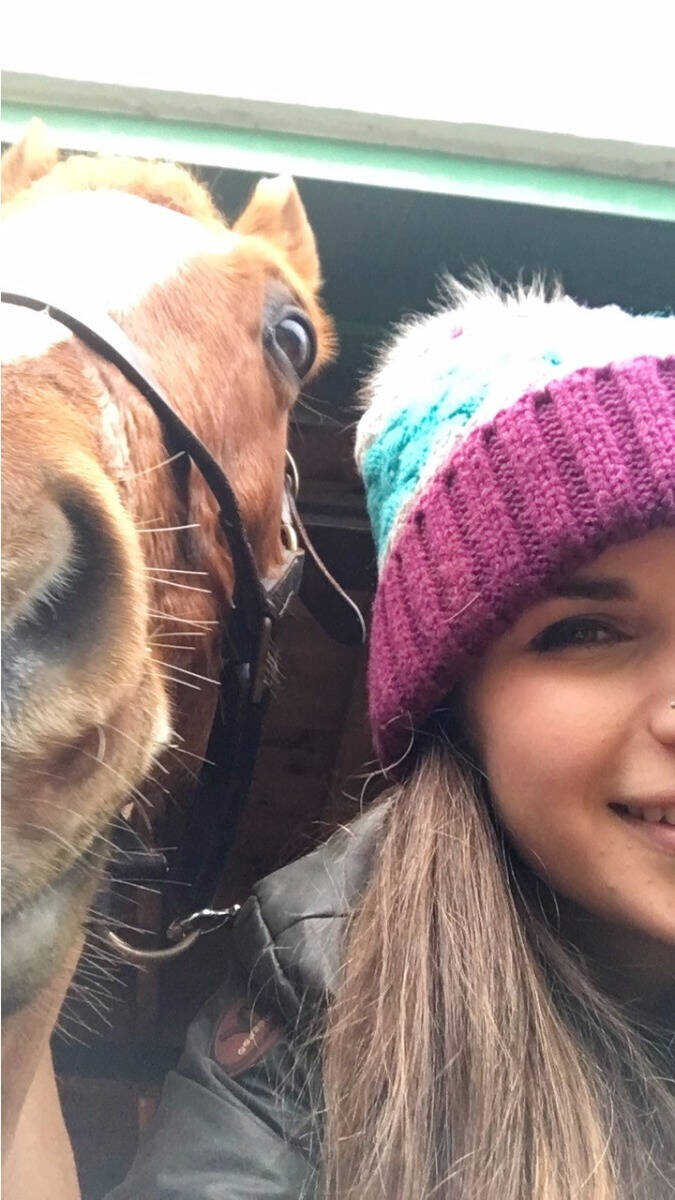
We’ve all been there, you spend months prepping for one competitive goal, you spend every waking minute thinking up new ways to desensitise your horse to fluorescent chequerboard fillers, compete with teeth and horse-eating monsters; or whether the farmer will reallllly mind too much if you use his field for extra conditioning work? It does have the perfect gradient after all!
Anyway, back to visualisation; the end is nigh, you can almost feel the satin of that 1st place ribbon, you can hear your mother thanking her lucky stars that her day (and a considerable amount of money) wasn't wasted for once. You go to get your horse in from the field, pumped for a “night before D-day” intense bathing/plaiting/grooming/suffocating-in-every-poop-protective-rug-possible session, when your horse greets you at the gate on 3 legs. And with that the reign of terror begins, the lameness has been appointed King, and boy does he get comfy.

With Sprout, we’ve had every injury imaginable, broken side bones, overstretched check ligaments, twisted pasterns, rotated pasterns, never mind the countless gouges of flesh missing and ripped hooves! According to my calculations, out of the 49 months Sprout has been in my possession, 19 of these have been “out of work”, or “hell” as I like to fondly think of them.
Last year gave us June-August off, then September-December, during which Sprout twisted a shoe to such extent the toe clip became embedded in his sole, twisted his pastern, gave us 3 months of psychological lameness (and a rather hefty vets bill from 4 different vets for them to say “hes looking fab, look at those paces!” when in fact, my horse couldn't put his leg down 10 mins prior); and then proceeded to rotate his pelvis (again). During this, I was frequently tearing my hair out, so here are my top tips on how to cope with an accident prone pony:
1) Invest in decent insurance coverage; you'll thank me I promise. When that horse comes in with half its face missing because he “had an itch” its nice to know you have a backup, especially if you still haven't paid off the last minor vet bill…
2) Invest in a pair of magnetic bands; might sound silly and expensive, but after purchasing a pair of Equ-Streamz for Sprout, it does make me feel better knowing that if he tweaks himself in the field, he will already be on the road to recovery even before I discover it, especially if they're quite sensitive like Sprout, and feel every bump!
3) Don’t get frustrated; it happens to everybody, it happened to me at Blenheim horse trials (two years running) but theres nothing you can do, there will always be another event, better to scrap an entry fee than your horses health. Everybody has to have bad luck sometimes!
4) Pay attention: by regularly checking the injury (within reason) you will notice any subtle differences which can sometimes indicate recovery times, as well as hopefully preventing any secondary infections if its a wound! Keeping both written and photographic notes of the injury can benefit you enormously also.
5) Take the time: bring your horse back slowly after an injury. They’ll be using muscles they haven't used in a while, and may still have pain memories, so you will both be a bit wobbly! Proper conditioning and schooling the basics can not only get you both back up to speed, but helps to prevent another injury!
6) First aid: know your first aid!!! Quick reactions can reduce the injury and in some cases, save a life. Keep a fully stocked first aid kit on the premises and ensure you know how to treat any common injuries, and recognise illnesses. The Pony Club do excellent first aid training for horses as part of the efficiency tests, and I’m sure Riding Club do the same!
7) Have a good working relationship with your vet: by this point your vet may know your horse toooooo well, but having a good relationship with them is essential, if they know the horse and the horse’s history, it can maximise their care, and lets face it, you'll probably see them a lot.
So there you have it, I hope some people can relate! If you are like me, and have an accident prone pony, the best approach to take is prevention in the form of boots or regular treatments; avoidance through slow progression and ensuring your partner stays within their capabilities; and treatment whether this be through regular mctimoney or physio appointments, or getting the best vet care you can, both are vital!
I’ve enjoyed the last few weeks of training with Sprout, as he is back in all work at peak fitness, and I’ve loved riding in my new Tottie Victoria Vest and Ellie breeches to keep me cool in the rare sunny weather, as well as the Roxy riding gloves and Sport socks which have provided excellent protection from blisters whilst being immensely comfortable!
